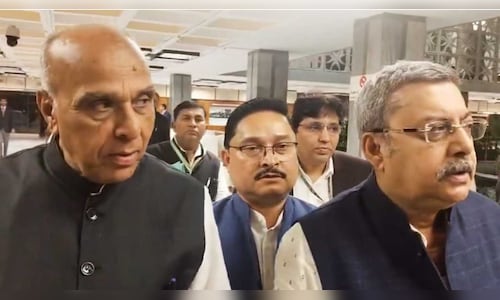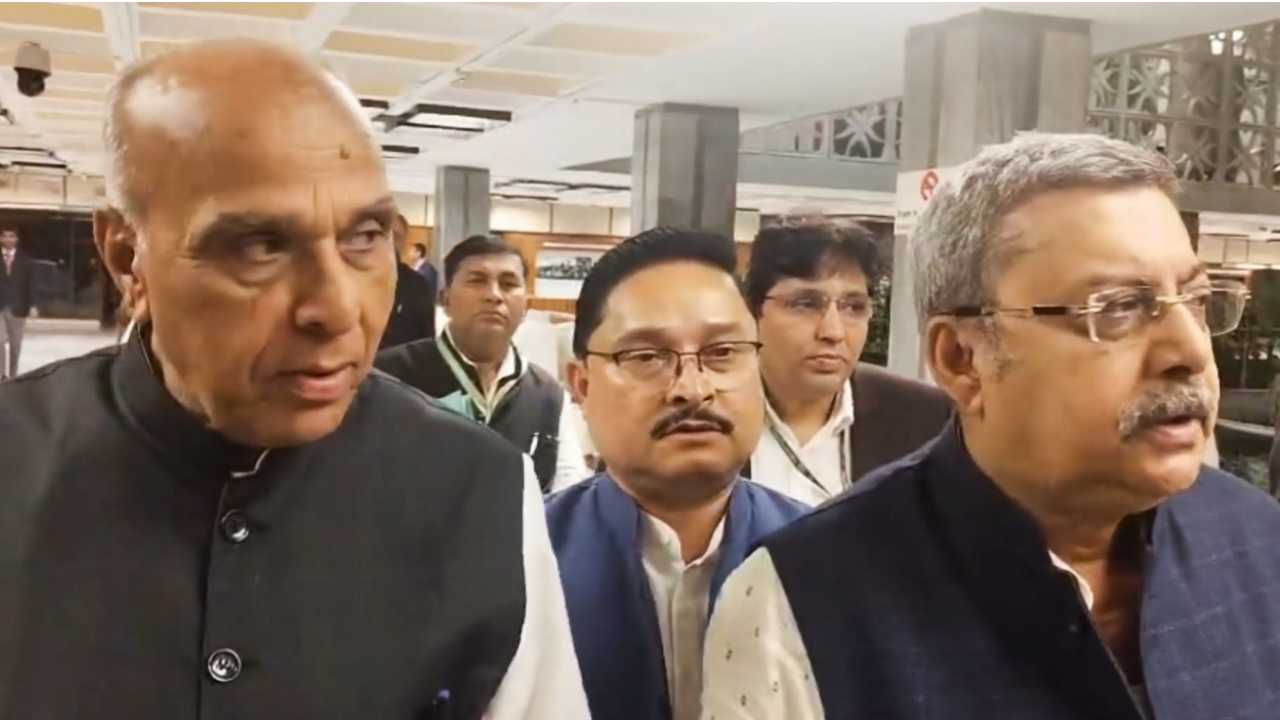

The Parliamentary committee, whose tenure has been extended by Lok Sabha till the last day of the next Budget Session, has also sought from the states details of the properties claimed by Waqf boards exercising Section 40 of the Waqf Act.
Section 40, an amendment effected during the Congress-led UPA government’s tenure in 2013, is one of the most hotly contested features of the existing law as it has given Waqf boards the power to decide if any property belongs to the Waqf or not.
The proposed law, which has faced flack from opposition parties and various Muslim groups for its alleged attempts to interfere in religious matters, has sought to curb this power while making a slew of other changes in the existing Act.
Also read: Land jihad? Karnataka erupts in protests over Waqf property claims and land disputes
The sources said the Parliamentary panel has decided to get an update on the points made by the Sachar committee on the Waqf properties that are allegedly in unauthorised occupation by state governments or their official agencies.
The Sachar committee was informed by various state Waqf boards during 2005-06 about the alleged unauthorised occupation.
The Parliamentary panel has been collecting information from states through the Union Ministry of Minority Affairs.
Sources said the panel headed by BJP MP Jagdambika Pal has noted that there were 316 such properties in Delhi, 60 in Rajasthan and 42 in Karnataka reported to the Sachar committee in 2005-06.
While 53 were in Madhya Pradesh, 60 were in Uttar Pradesh and 53 in Odisha.
The committee has sought updates from all these six states, the sources said, adding that the panel has got information from several other states.
”The chief ministers of the above states may kindly investigate in detail into the veracity of this information in the Sachar Committee Report… and update this Committee in detail,” a source said, citing the communication.
State governments have also been urged to share details of the cases where their agencies are involved in a legal dispute with Waqf boards over ownership or possession of any property, with the panel noting that the Sachar Committee had stated its list was not exhaustive.
Also read: 91% Respondent support Modi govt’s Waqf Amendment Bill: Survey
The UPA government constituted the Sachar Committee in 2005 to study the social, economic and educational status of the Muslim community in India.
It submitted its report in 2006 highlighting the poor status of Muslims on all these indicators as it recommended a host of measures.
Lok Sabha had on November 28 adopted a resolution to extend the tenure of the Joint Committee on the Waqf (Amendment) Bill till the last day of the Budget session of Parliament next year.
The Parliamentary panel’s meetings have become a political battleground, with the ruling BJP and opposition members vociferously debating the changes proposed by the government.
Opposition members had been calling for extending its tenure, which was to end on November 29, and the committee took a unanimous decision to seek more time despite Pal’s earlier assertion that he was ready with the draft report.
He has asserted that he has accommodated the views of every opposition member, rejecting their allegation of ”bulldozing” the proceedings of the panel’s meetings.
Also read: Can the government navigate the Waqf law amendment and the ‘One Nation One Election’ agenda



